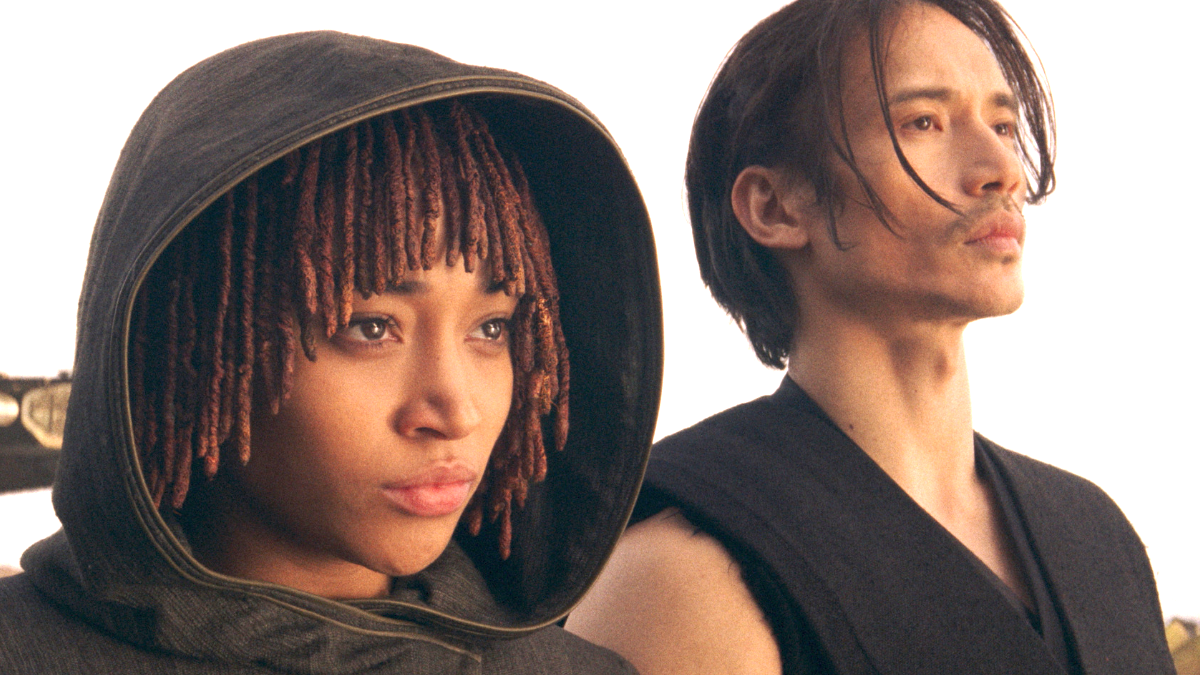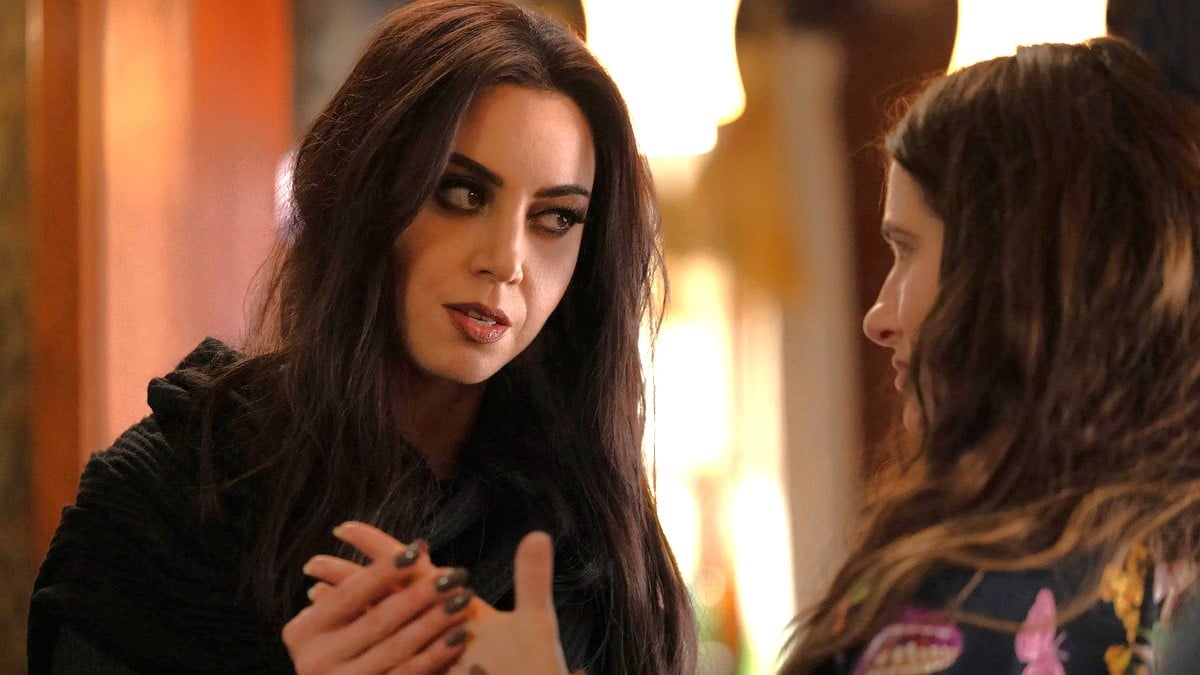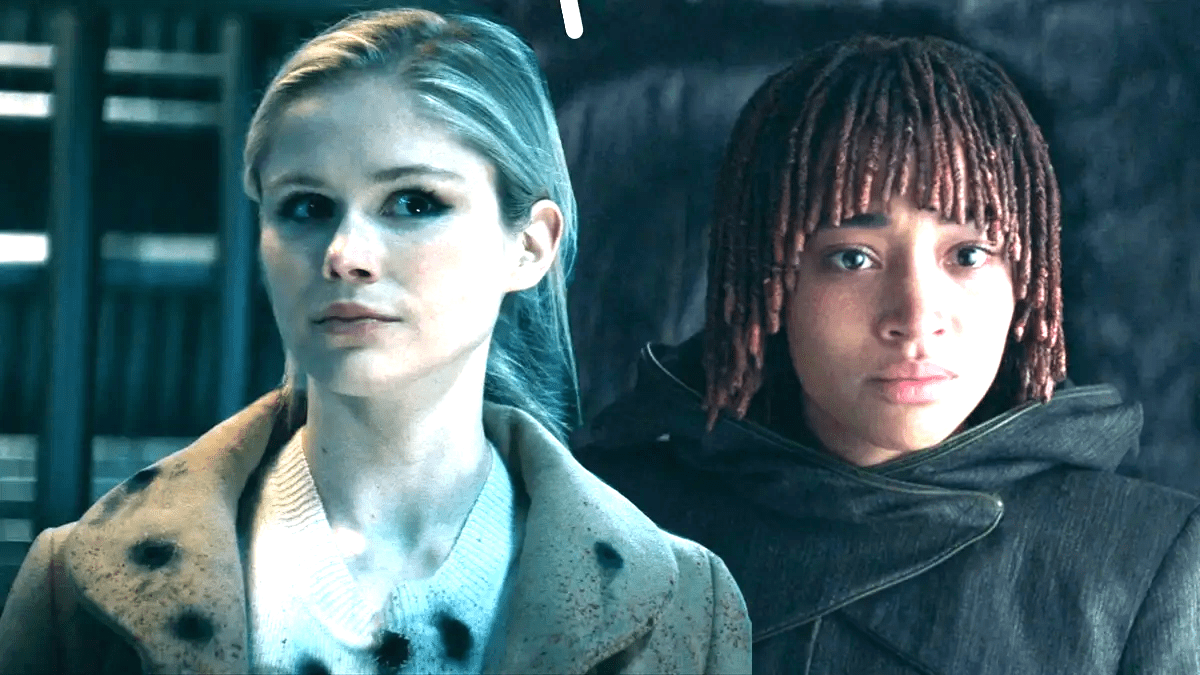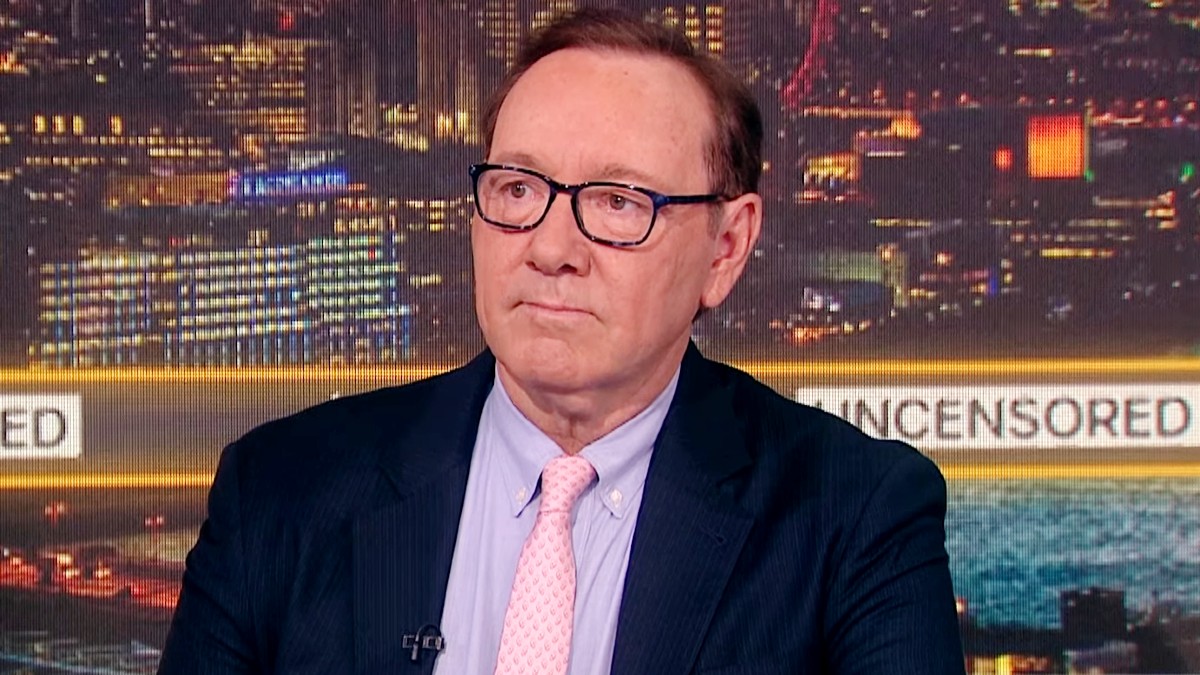A recent report revealed that, to protect talent from online abuse, Hollywood studios are now often taking over their social media, with their permission, and proactively managing the information available about them to prevent doxxing.
According to Variety, this is one of many practices put into place in the recent past to combat online vitriol and backlash that very rarely has any ties to legitimate criticism and most often comes from a place of hate — against people of color, against gay people, and against women.
In the last few years, “anti-woke” hate campaigns have taken over fandom culture, primarily in spaces that were once dominated by white male individuals and that have become gradually more diverse with the increase of positive representation of minorities in the media at large. In its early days, online fandom was frequently the conduit for conversations about celebrating difference, rooted in a community that found common ground not by way of what they looked like or who they loved, but by way of a deep passion for shared interests. It was the place where you could just be yourself.

Naturally, when minorities started asking the dominant sectors of society to treat them with the respect they deserved, which would mean learning to shut up once in a while, it gave way to violent resistance in the form of a “free speech” push across platforms, notably led by Donald Trump and Elon Musk. Suddenly, movie studios that were trying to listen to those rallying for change were met with a barricade of angry keyboard mobs bullying them into staying the same, forever.
The same Variety report lists several Star Wars and The Lord of the Rings properties as prominent case studies of fans lashing out at the casting of actors of color to play characters in fantasy realms. These fans can accept wookies, ewoks, orcs, and hobbits, but they draw the line at Black people. But the problem also extends to outspoken white women like Brie Larson, Erin Moriarty, or Rachel Zegler, who dared question the system they worked under or the shortcomings of the characters they were cast to play.

The list is never-ending and while some of the projects affected were genuinely poor and deserved criticism on account of their lackluster narratives or underdeveloped characters, people chose to target the cast and their personal identities instead. No longer feeling like you’re your favorite brand’s targeted and most privileged demographic most likely affects this brand of haters in ways that make them immune to common sense or reason, so the only way they could find to regain control over this universe that was once considered exclusively theirs was through gratuitous cruelty.
Thankfully, the reason this group of people is so much louder than the millions of fans who still engage with things in a normal way is because they’re not that many, so they need to make up for it somehow. John Van Citters, VP of Star Trek brand development, told Variety, “The number of people who live and die on their franchises are very, very few, and then those who come after things that they espouse to love with venom are a really, really tiny subset of that already smaller subset of fandom. It’s just much easier to see it now.”

Studios are still trying to contain this phenomenon with fan-oriented focus groups and social media strategies that uplift the positive and try to drown the negative. Regardless, we’re thankful they’re still trying to move the needle, regardless.
One such example is Marvel’s Agatha All Along, which features the first gay romance between two main characters in the franchise’s history. Yes, obviously, it was review-bombed, but it also has the best continuation rate (viewers sticking around after the first couple of episodes) of any Marvel show, according to the company’s head of streaming Brad Winderbaum. Haters may be loud, but most viewers aren’t listening. They have better things to do.











Published: Oct 4, 2024 07:49 am